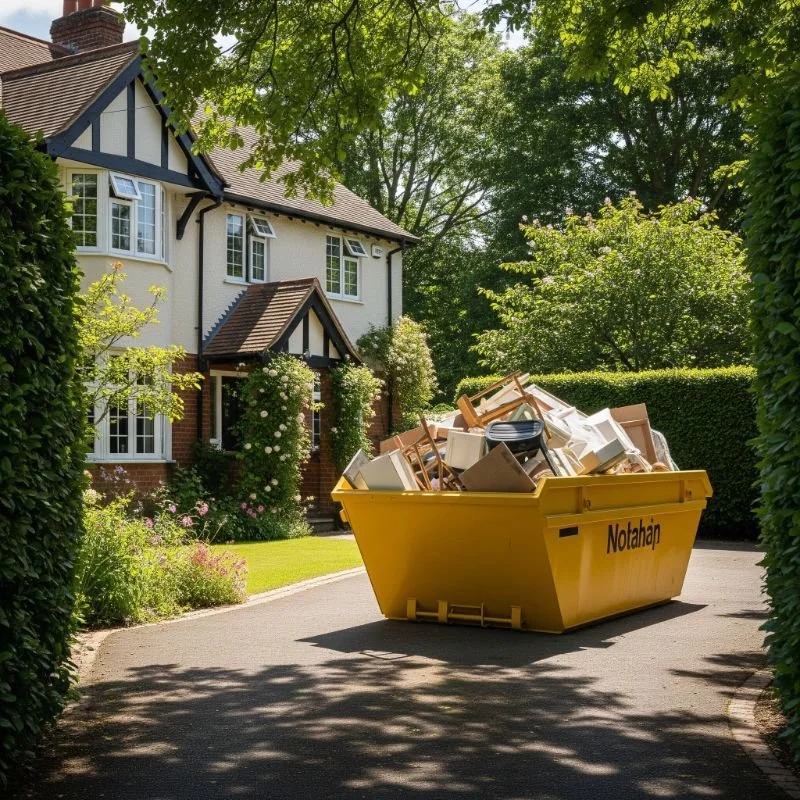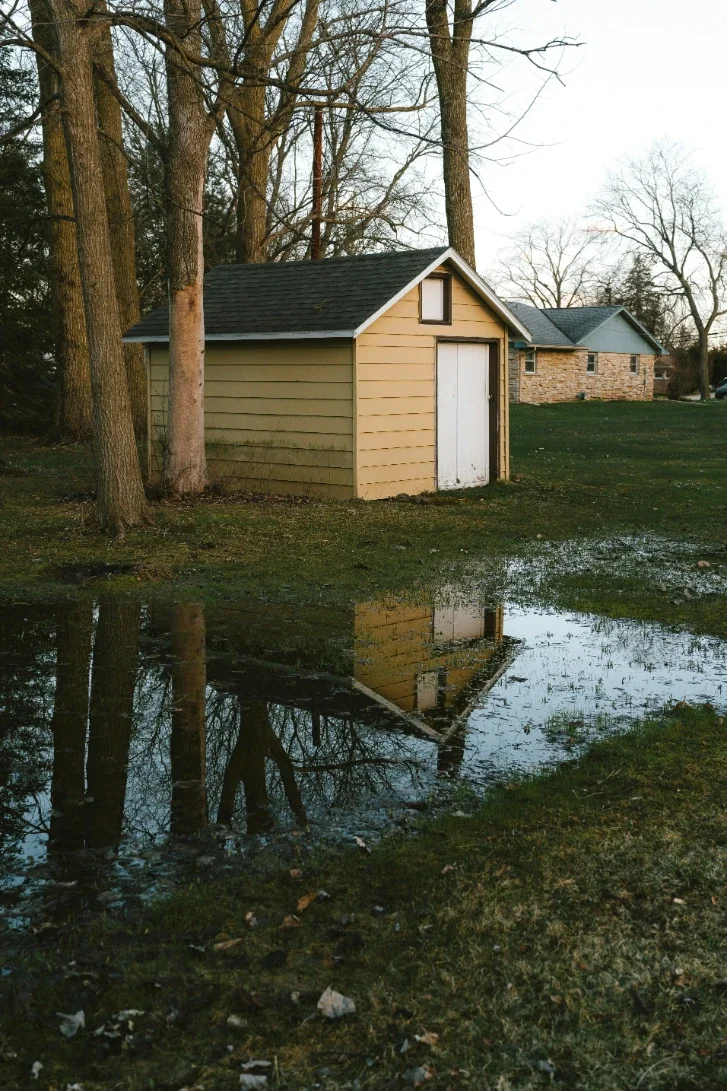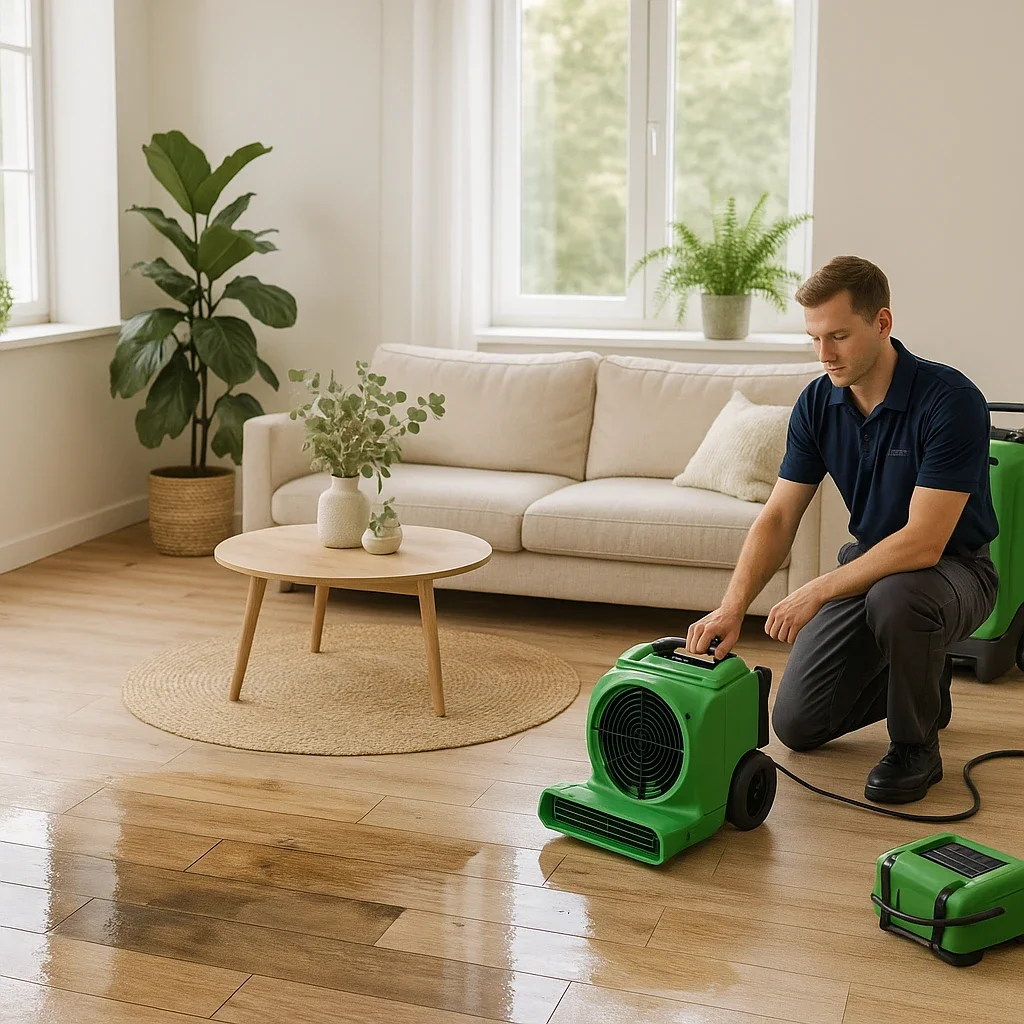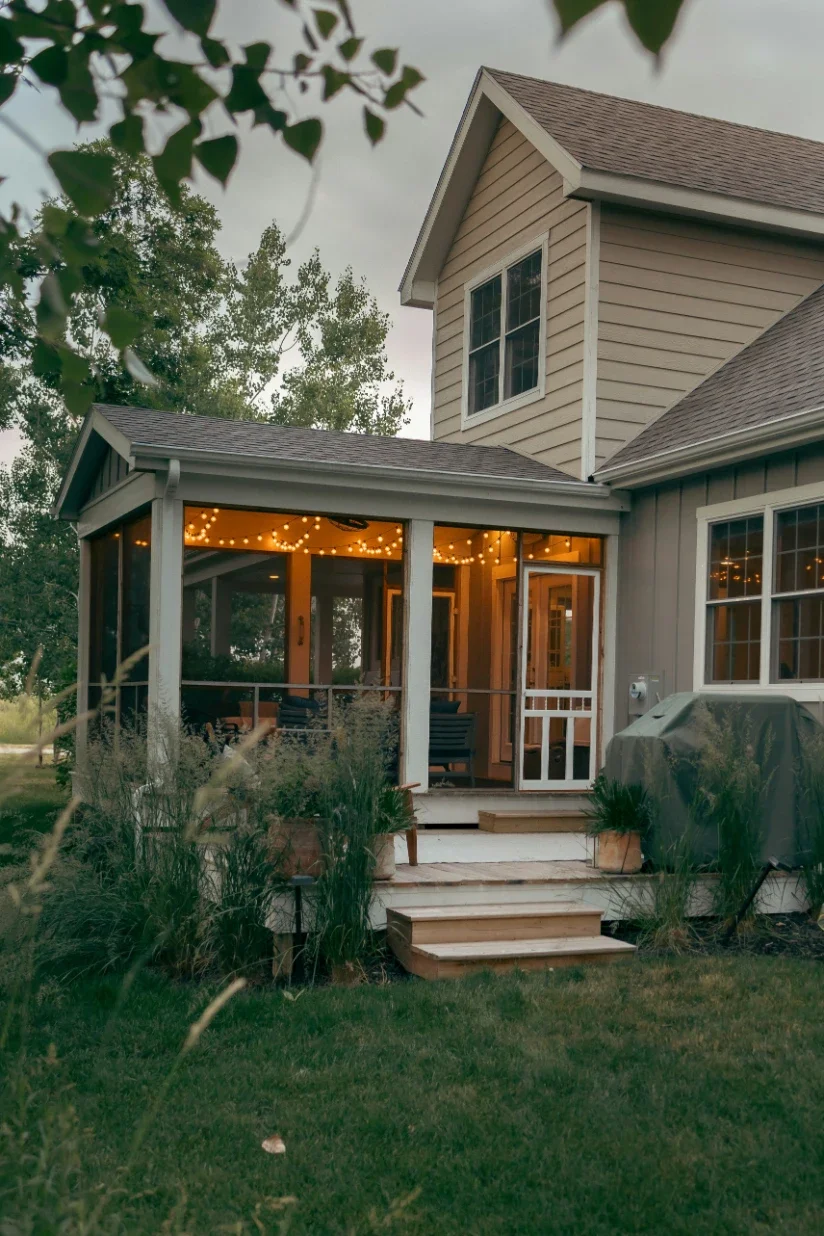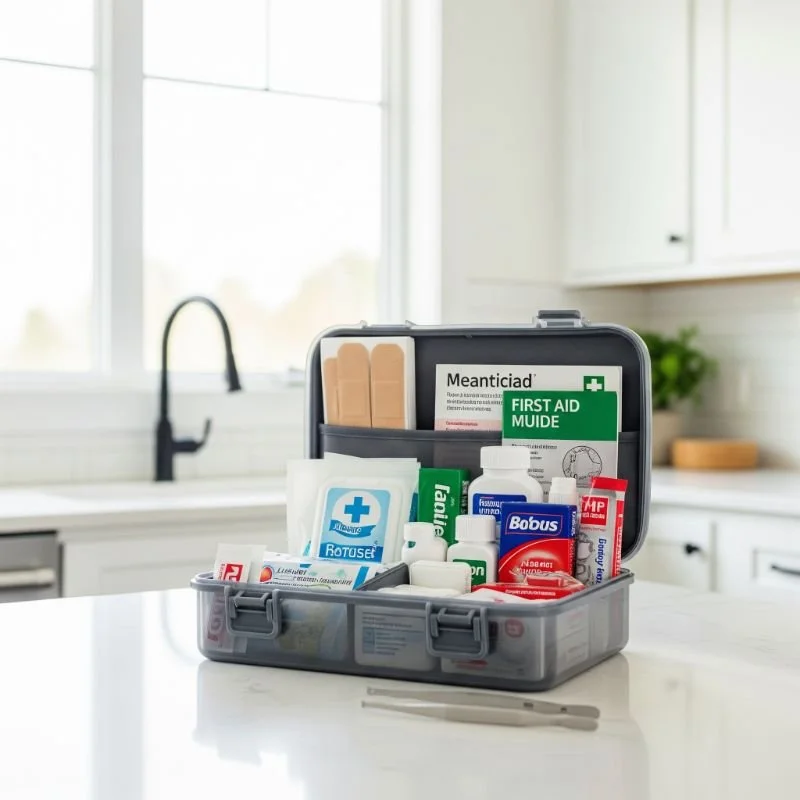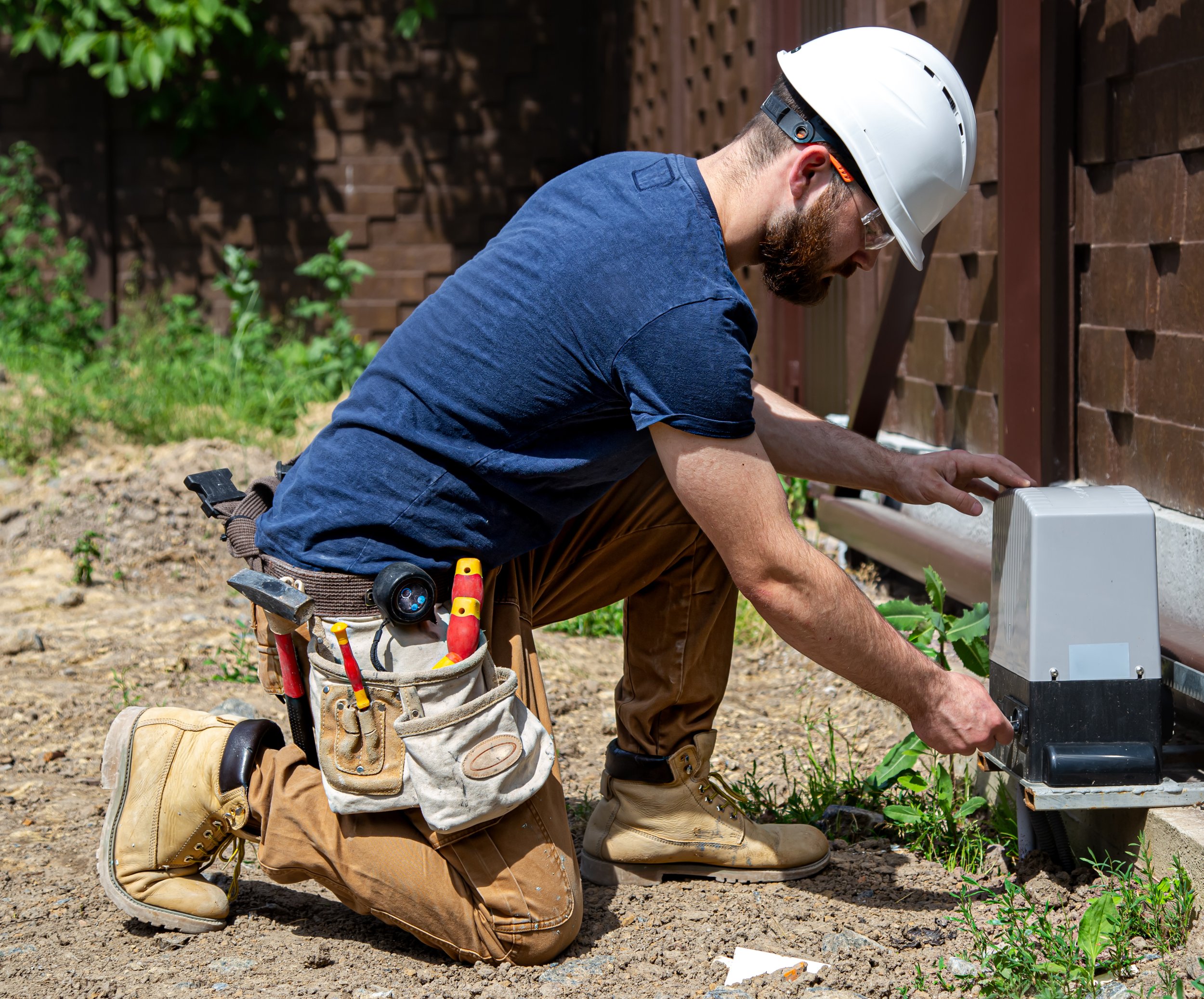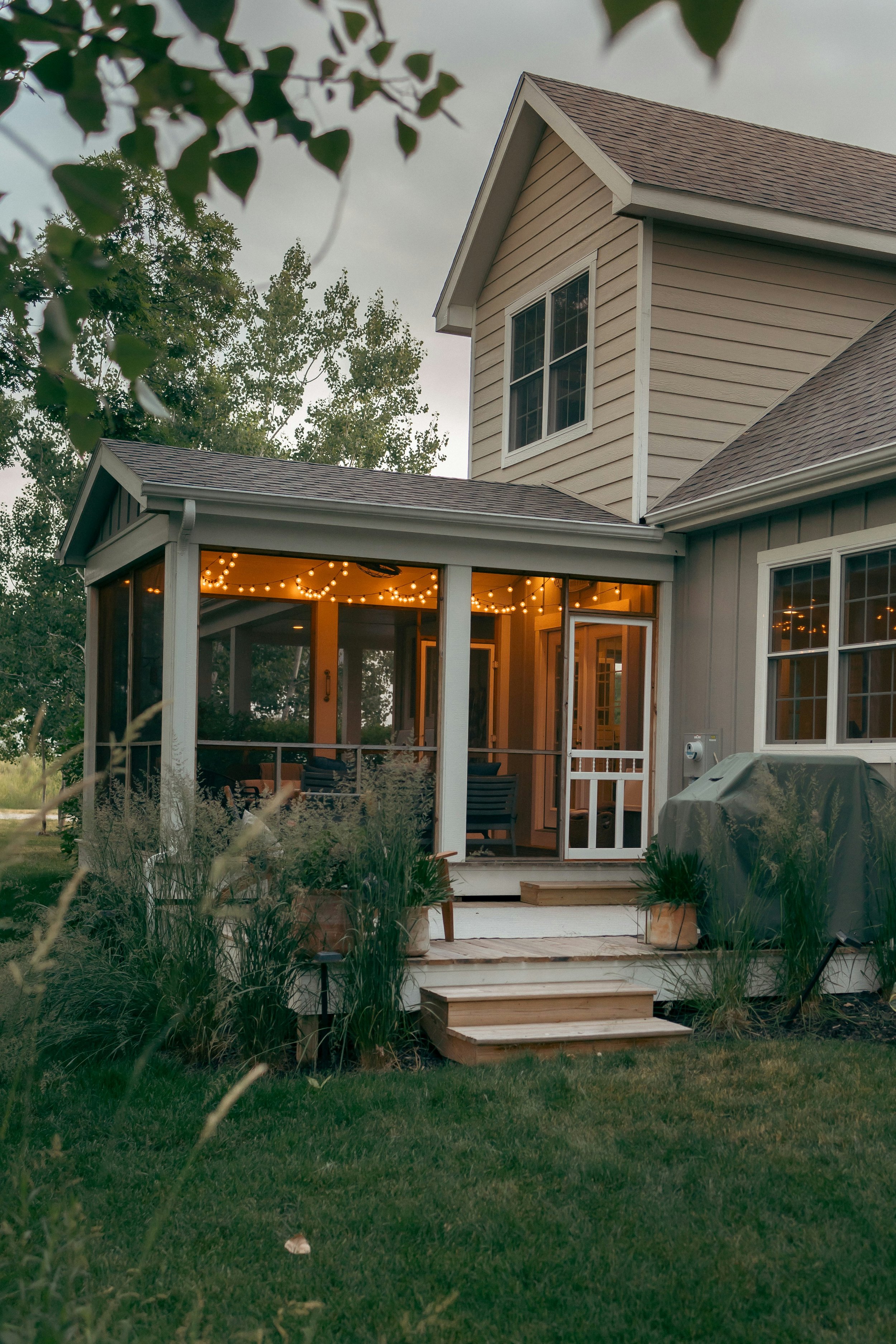Everything You Need To Know About Skip Bins For Household Waste
Discover everything you need to know about skip bins for household waste, including sizes, types, benefits, and tips for efficient disposal.
Let’s talk trash, literally. If you’ve ever tackled a major home cleanout, renovation, or even just a serious spring-cleaning session, you know the struggle: What do I do with all this junk?
Enter skip bins, the unsung heroes of waste management. These huge, strong containers act as containers that can make your clutter go away (legally and in a responsible manner obviously). If you're tearing down a backyard, renovating your kitchen or finally removing the garage filled with "I may need this one day" things the skip bin could help you save time as well as money, and also lots of anxiety.
Before you rush out to make an appointment we'll go over everything you should be aware of. After reading this guide, you'll become an expert at using skip bins and ready to tackle the next project without making your driveway the equivalent of a garbage dump.
Skip Bins: The Lazy Person’s Secret Weapon for Cleanups
Picture this: You’ve spent the weekend tearing out old cabinets, ripping up flooring, and dismantling what feels like half your house. Now you’re left with a mountain of debris, and your regular trash can is laughing at you.
This is where skip bins shine. Instead of making 47 trips to the dump (and paying fees each time), you get one giant container dropped at your doorstep. Fill it up at your own pace, and voilà, it’s whisked away like it never existed.
Why Skip Bins Beat DIY Dump Runs
No back-and-forth: One bin = one cleanup.
No hidden dump fees: You pay a flat rate upfront.No heavy lifting (mostly):
Just toss it in, no loading and unloading a trailer.
No "Oops, that’s hazardous waste" surprises:
Skip bin companies know what they can and can’t take.
Skip Bin Sizes: Picking the Right One (Because Bigger Isn’t Always Better)
Skip bins come in all shapes and sizes, from mini bins perfect for a bathroom reno to massive ones for whole-house demolitions. But here’s the catch, if you get one too small, you’ll end up with overflow chaos. Too big, and you’re wasting money on empty space.
What Can (and Can’t) Go in a Skip Bin?
Not all trash is created equal. Skip bins are great for general waste, but there are rules, because someone out there thought it was okay to toss car batteries in with their old couches. (Spoiler: It’s not.)
Yes, Toss It In:
Household junk (furniture, toys, clothes)
Renovation debris (tiles, wood, drywall)
Garden waste (branches, leaves, dirt)
Old appliances (check if they need special handling)
Nope, Don’t Even Try:
Hazardous materials (paint, chemicals, asbestos)
Electronics (TVs, computers)
Tires or car parts
Food waste (this isn’t a compost bin)
Fun Fact: Some companies offer specialty bins for green waste or construction materials, ask when booking.
Skip Bin Placement: Where to Put It (Without Annoying Your Neighbors)
You can’t just plop a skip bin anywhere. Most companies have rules, and local councils might too. Here’s how to avoid fines (and passive-aggressive notes from neighbors):
*Driveway or private property: Best option, no permits needed.
*Nature strip/street: Might require a permit (check with your council).
*NOT blocking sidewalks, fire hydrants, or your neighbor’s driveway (unless you want drama).
Pro Hack: If space is tight, ask about "wait and load" services, the truck waits while you fill the bin, then takes it away immediately.
Booking a Skip Bin: How to Get the Best Deal
Not all skip bin companies are created equal. Some charge hidden fees, others take forever to deliver, and a few might try to upsell you on a bin the size of a swimming pool.
5 Must-Ask Questions Before Booking:
What’s included in the price? (Delivery, pickup, weight limits?)
How long can I keep it? (Most allow 3-7 days.)
What happens if I overfill it? (Some charge extra; others refuse pickup.)
Do you recycle? (Eco-friendly companies sort waste responsibly.)
Any restricted items? (Avoid last-minute panic.)
Money-Saving Tip: Book midweek, some companies offer discounts when they’re less busy.
Skip Bin Hacks from the Pros
Want to make the most of your skip bin? Follow these insider tricks:
Break down bulky items (flatten boxes, dismantle furniture).
Layer smartly (heavy stuff at the bottom, lighter items on top).
Fill gaps (stuff small debris in empty spaces to maximize room).
Keep it covered (rain + skip bin = soggy mess).
Warning: Overfilled bins won’t be taken, keep it level with the top.
Alternatives to Skip Bins (When They Don’t Make Sense)
Skip bins aren’t always the answer. If you’re dealing with:
Small amounts of waste → Try council hard rubbish collection.
Hazardous materials → Look for specialized disposal services.
Electronics or recyclables → Many recycling centers take them for free.
Conclusion
At the end of the day, skip bins are about convenience. They turn a chaotic, messy job into a simple "fill it and forget it" solution.
